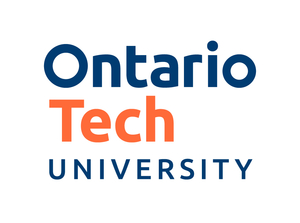Ultracapacitor characterization using a novel dynamic parameter identification modeling technique for electric transportation applications
Abstract
Ultracapacitors (UCs), also known as Supercapacitors or double layer capacitors, are the promising technology devices used for storing energy in the field of energy storage systems. These ultra-capacitors, being a low voltage device, provide fairly large capacitance values as compared to the conventional capacitors. They are the significant component of the energy storage systems (ESS) in the electric traction applications. In the field of electric transportation the UCs need to be modeled dynamically in order to capture real-time characteristics. The model should provide precise estimation of UC responses to various charge/discharge conditions and also predict the behavior of UCs under varied load conditions. In order to incorporate the model for testing purposes in various power electronics/drive simulation toolboxes, it is very important for the model to be accurate.
In this thesis an accurate dynamic parameter identification technique is proposed. The identification technique can be integrated with an equivalent RC branch UC model, which can estimate the output voltage without the extraction of the model parameters. The parameters will be determined dynamically from the characteristic equations of the respective model parameters. The complete model is built in MATLAB/Simulink. The simulation responses to different charging and discharging current pulses are presented. The simulation responses for varied charging currents are experimentally validated against the actual UC charging results.

